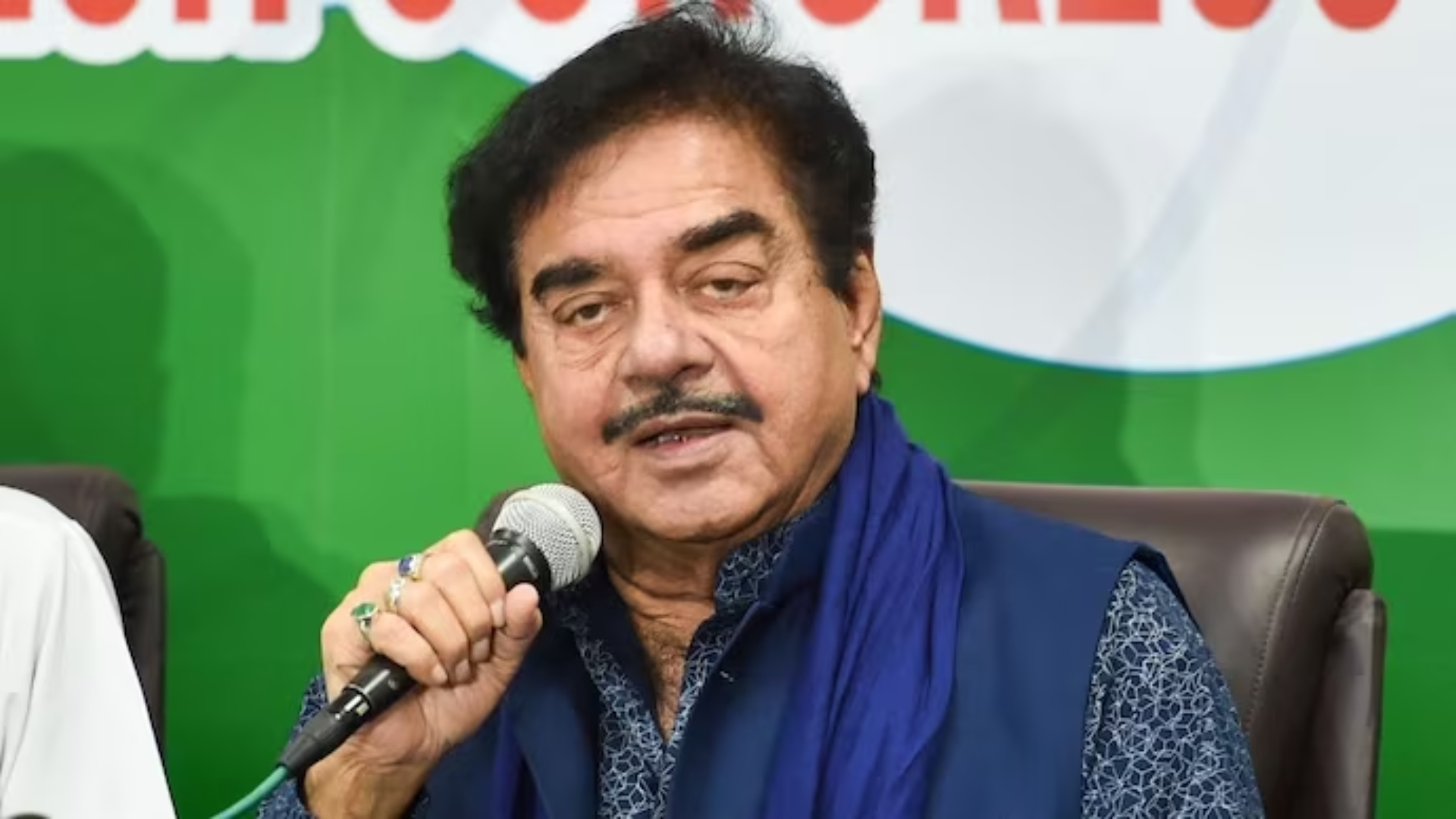


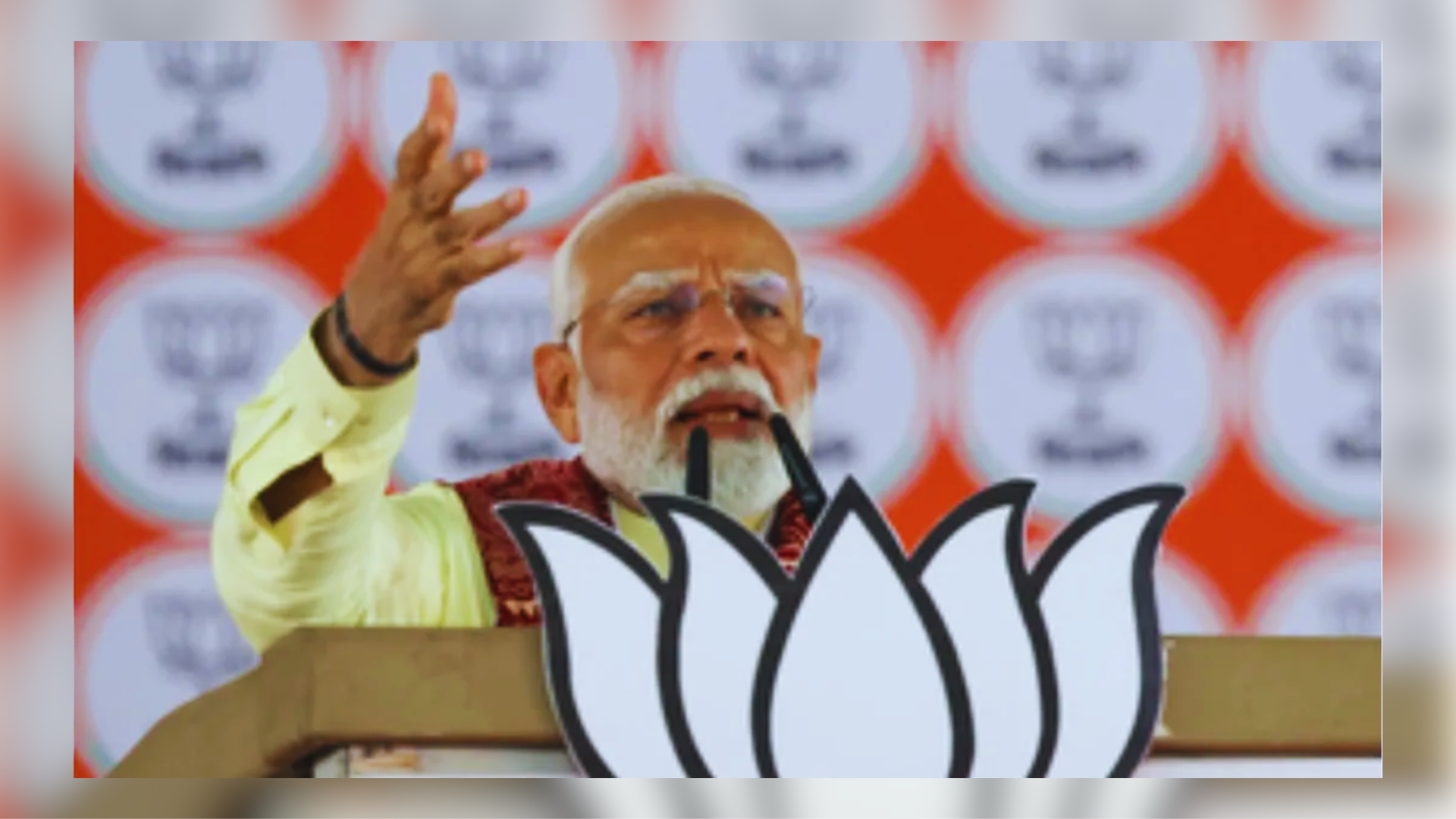

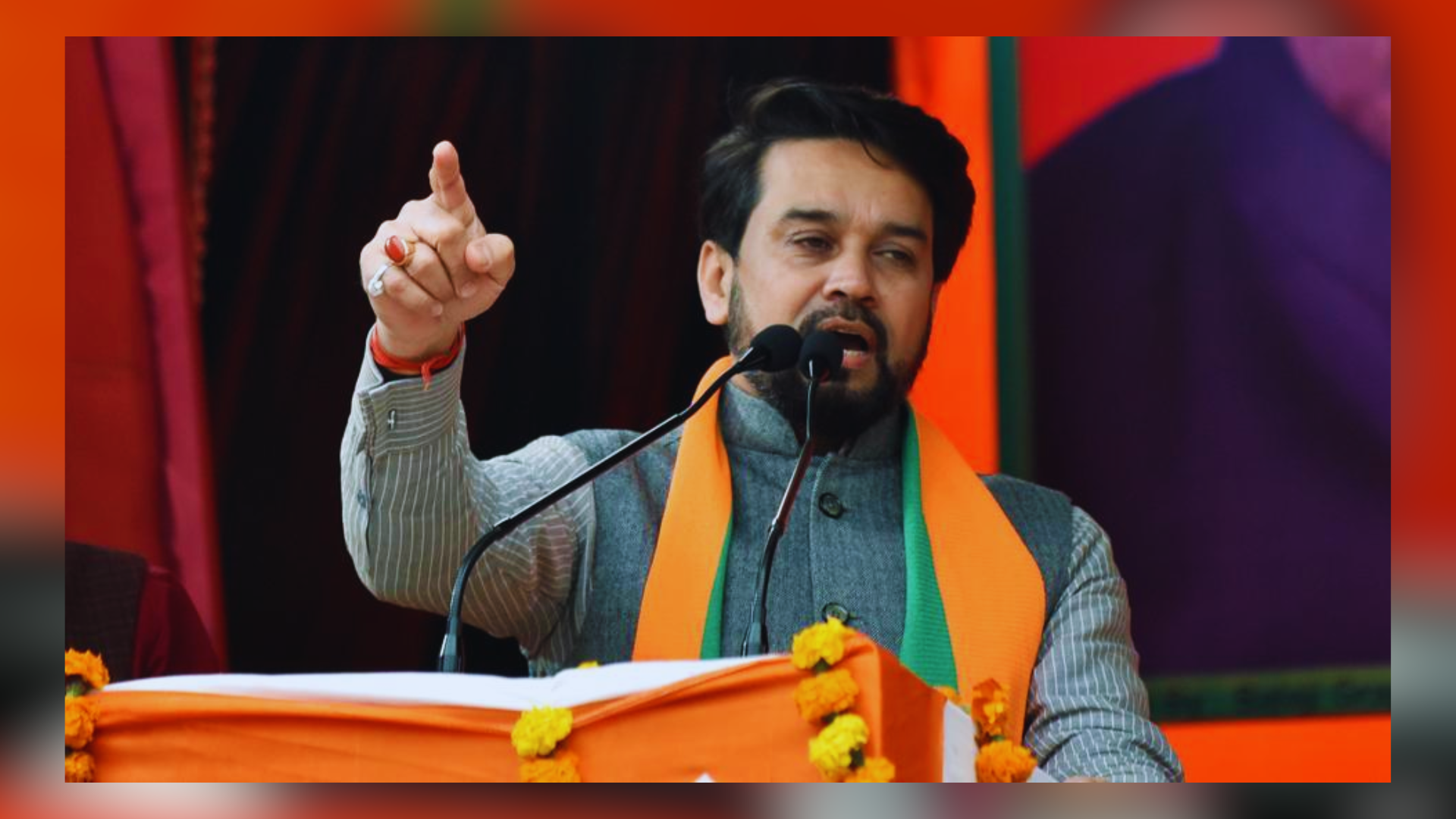

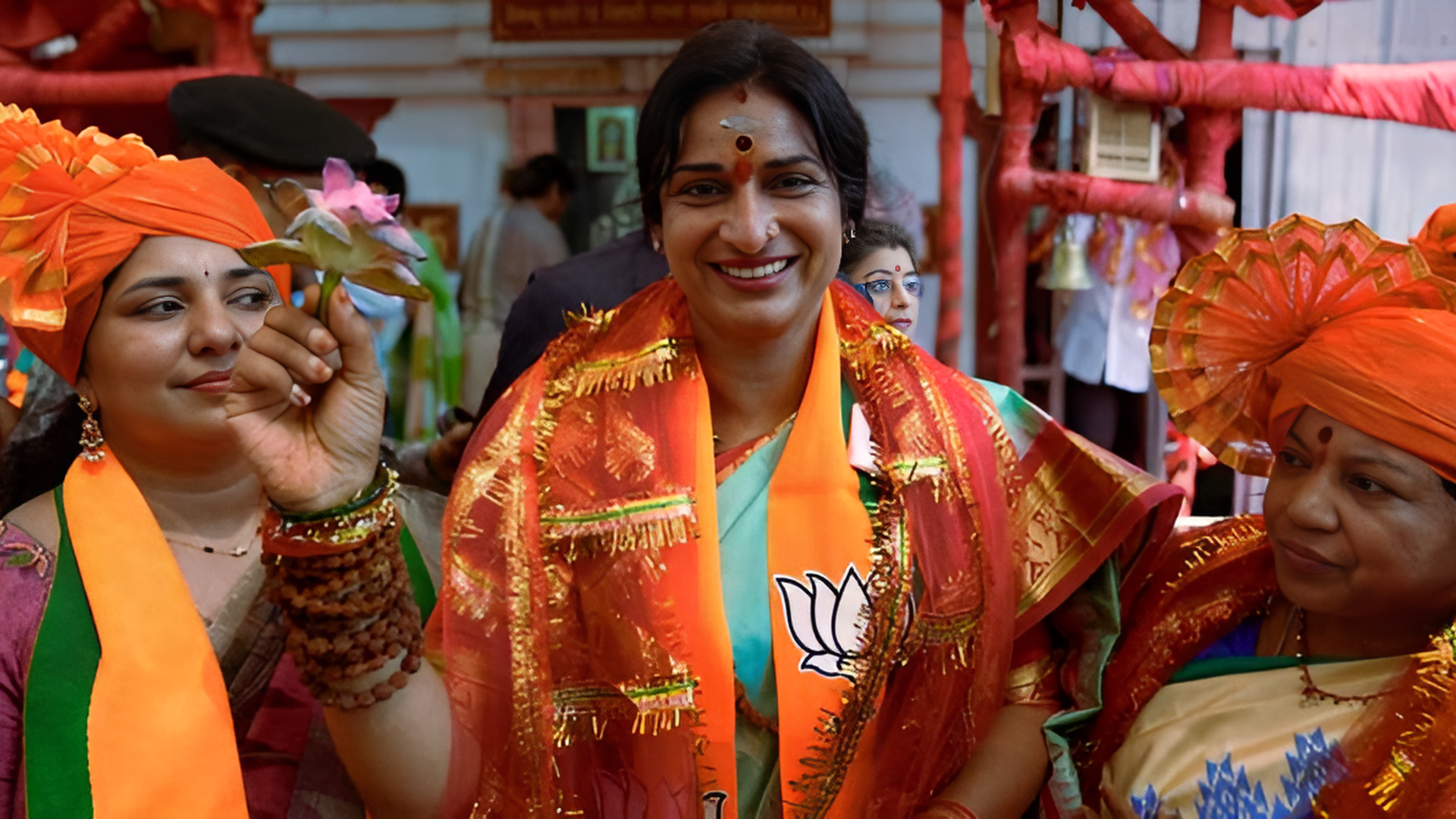
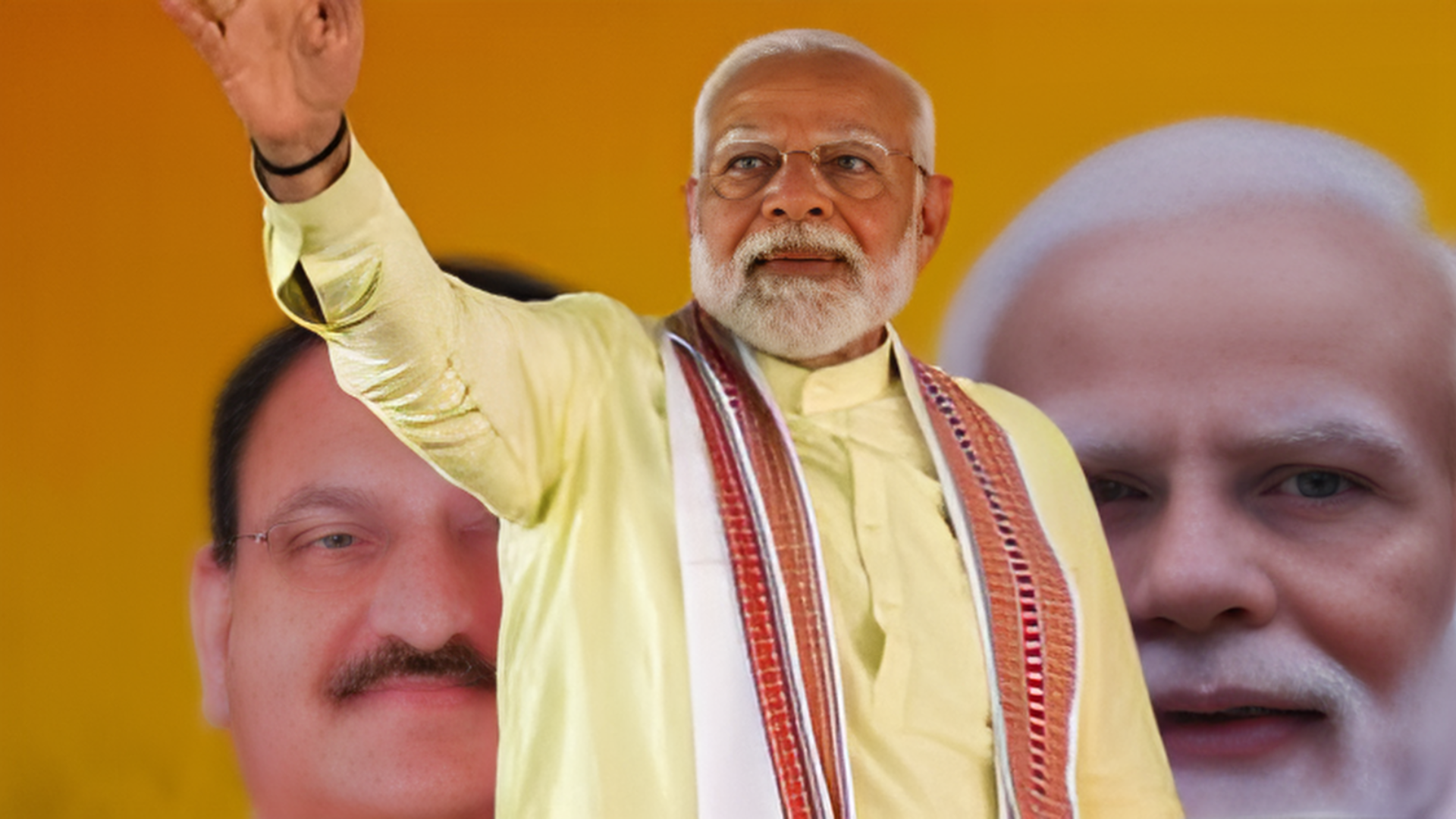
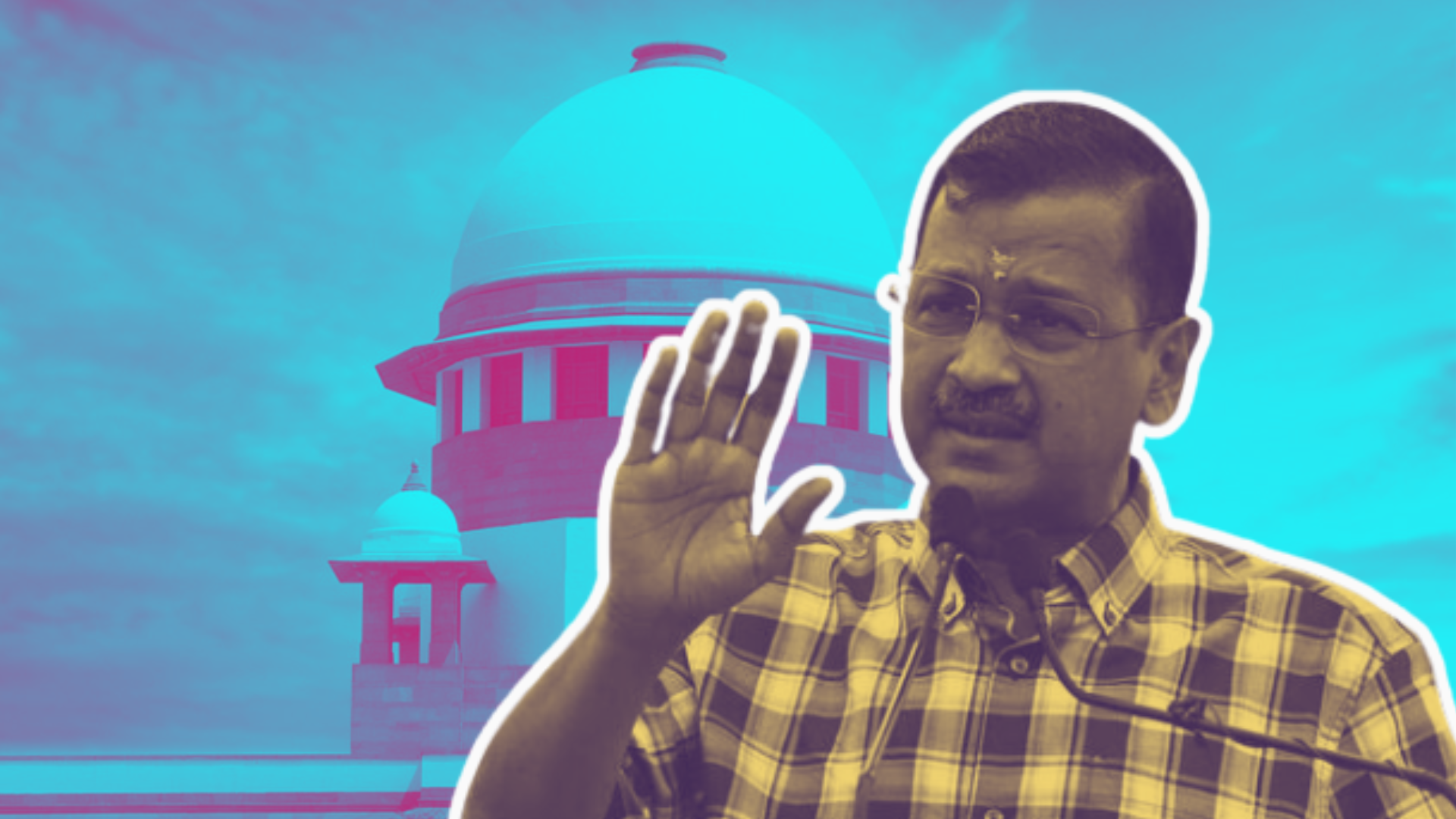

Eminent economist Surjit Bhalla has voiced his support for conducting an income distribution survey, advocating for it to take place post-elections. Bhalla, a former member of the Economic Advisory Council to the Prime Minister, has highlighted the importance of such a survey in shaping policy decisions based on empirical data.
In an interview with IANS, Bhalla also expressed his reservations about the leadership capabilities of Congress MP Rahul Gandhi. Citing instances where Gandhi’s decision-making came under scrutiny, Bhalla emphasized the significance of effective leadership in politics.
Bhalla remarked on the current political landscape, noting the absence of a singular opposition face comparable to Prime Minister Narendra Modi’s prominence within the BJP. He suggested that this lack of a cohesive opposition figure could work in the BJP’s favor in the upcoming elections.
READ MORE : Rajnath Singh Counters Congress, Highlighting Indira Gandhi’s Government Toppling Role
Regarding the contentious issue of inheritance tax, Bhalla offered insights into the global context, particularly referencing the situation in the United States. He pointed out discrepancies in Congress leader Sam Pitroda’s statements about inheritance tax rates, emphasizing the need to contextualize policy decisions within India’s own development trajectory.
Throughout the interview, Bhalla underscored the importance of data-driven policymaking, advocating for a nuanced understanding of economic issues and a pragmatic approach to governance. His views reflect a commitment to evidence-based decision-making and a recognition of the complexities inherent in shaping India’s economic and political landscape.


